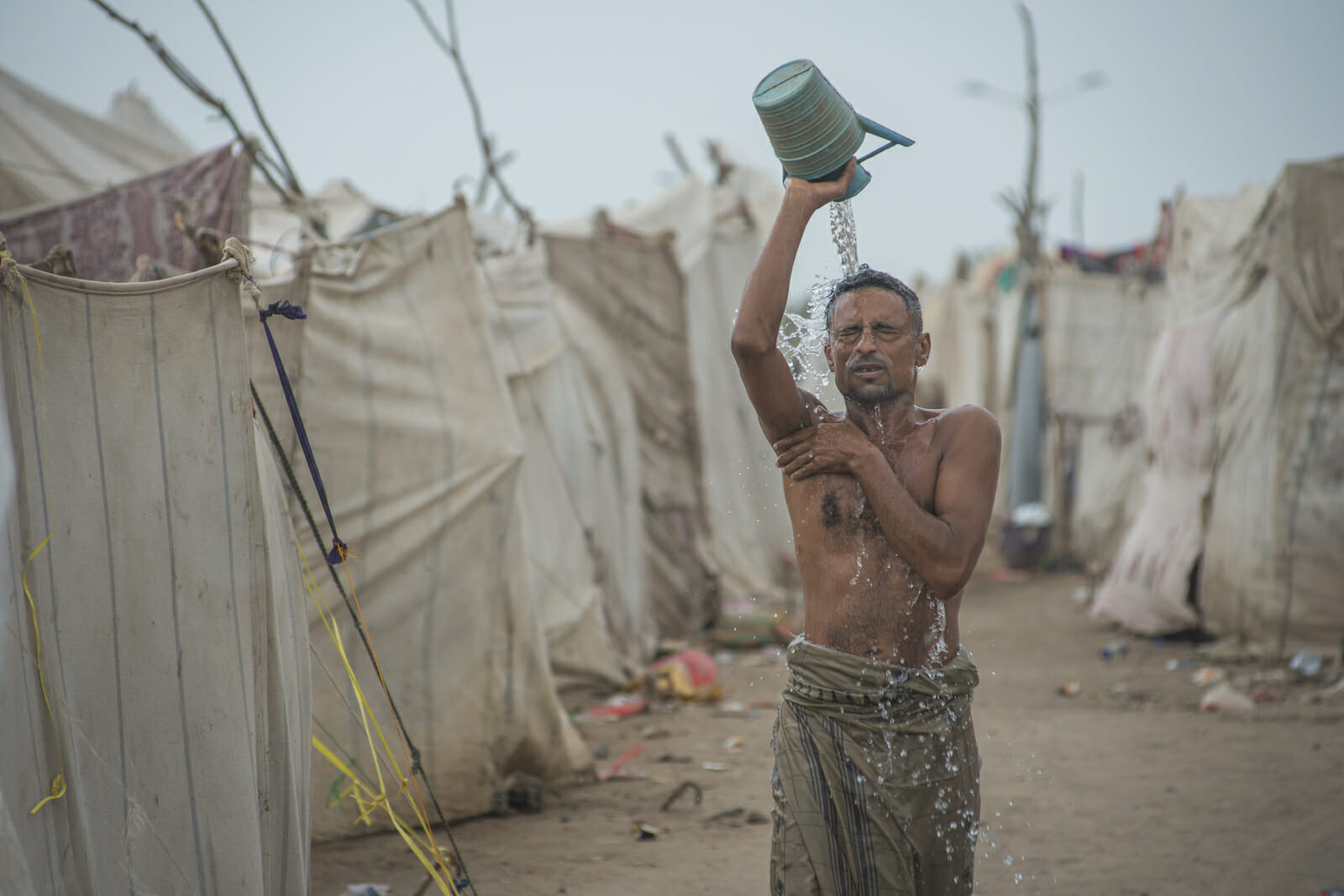
When Will the Yemenis be able to Breathe Again?
“The war in Yemen must end,” President Joe Biden stated in his first major foreign policy speech on February 4th. This statement, or wish, will only happen if the Biden administration adopts an approach completely different from its predecessor which included supporting the Saudi and UAE-led coalition. President Biden should opt for an inclusive and multilateral diplomatic approach to the conflict and block the sale of any American weapons to Saudi Arabia and the United Arab Emirates.
Since the beginning of the civil war in 2014, the armed conflict is responsible for causing over 233,000 deaths, according to the United Nations, and leaving practically a third of its population in need of food assistance.
The Yemeni civil war involves a number of actors, and historical context must be taken into account in any negotiations to end the conflict. Since the 1960s, there has been a balance of power struggle in Yemen, especially in the southern region. Following the Arab Spring uprising in 2011, the political conflict became religious, regional, and tribal. Although each group believes that the military balance gives it the advantage to win the conflict, no military victory is possible.
The collapse of Yemen has caused the world’s worse humanitarian crisis, and the pandemic has made things worse. Without significant concessions by all those involved, the Yemeni people, especially innocent civilians, will keep suffering from a war they did not wish for or want in the first place.
The humanitarian crisis in the country is preoccupying, and the international community must make every effort to protect civilians. Civilians keep dying, the number of children suffering from malnutrition keeps growing, and international aid distribution has become a political tool. Although international organizations are continuing to deliver food, water, and other humanitarian relief to civilians, the experience of famine and destruction in Somalia by a continuous civil war must motivate international actors to work together, and end the suffering faced by Yemenis.
While the Biden administration had made it clear that it will stand firm with Saudi Arabia when it is attacked, it has also encouraged rebel groups to engage in a more constructive dialogue. Dialogue that would undoubtedly bring peace, stability, and security to the people of Yemen if it becomes a reality. The Omani and Kuwait initiatives, and Resolution 2216, failed because tribal groups, local authorities, and a range of political parties, including civil society actors, were left out of the negotiations. President Joe Biden’s decision to resume aid to Yemen’s rebel-held north a few weeks ago demonstrates his desire to be a part of the solution that will end the bloody civil war.
The U.S. and the United Nations should work closely with all the external parties, tribal groups, and civil society actors to secure an agreement. To do so, all parties’ opinions must be taken into account. There will not be peace if it is imposed or if some parties are excluded from the peace process.
The United Nations must work with China and Russia, to bring Iran to the negotiating table as well as Saudi Arabia and the UAE. Lastly, the Arab League, the leading regional organization in the region, must be associated with any negotiations.
The peace process must be inclusive. If all the parties are not included, it will extend the fighting. Cultural and religious dynamics will play a critical role in engaging and approaching the parties. With Biden’s multilateral approach, an inclusive peace deal may happen and Yemenis can breathe again.


